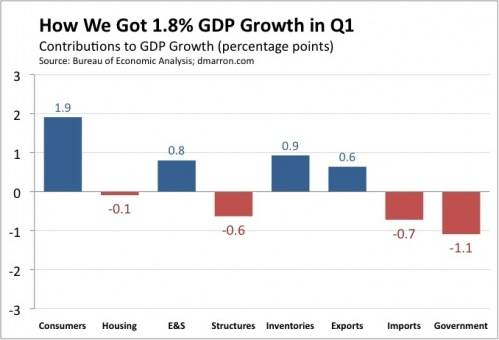JBeukema
Rookie
- Banned
- #1
Jobless claims increased by 25,000 to 429,000 in the week ended April 23, the most since late January, Labor Department figures showed today in Washington. The government anticipates a drop in unadjusted applications during the Good Friday holiday week, something that didnt happen this year, a Labor Department spokesman said.
Jobless Claims Hit Three-Month High | FrumForum
Jobless Claims Hit Three-Month High | FrumForum




